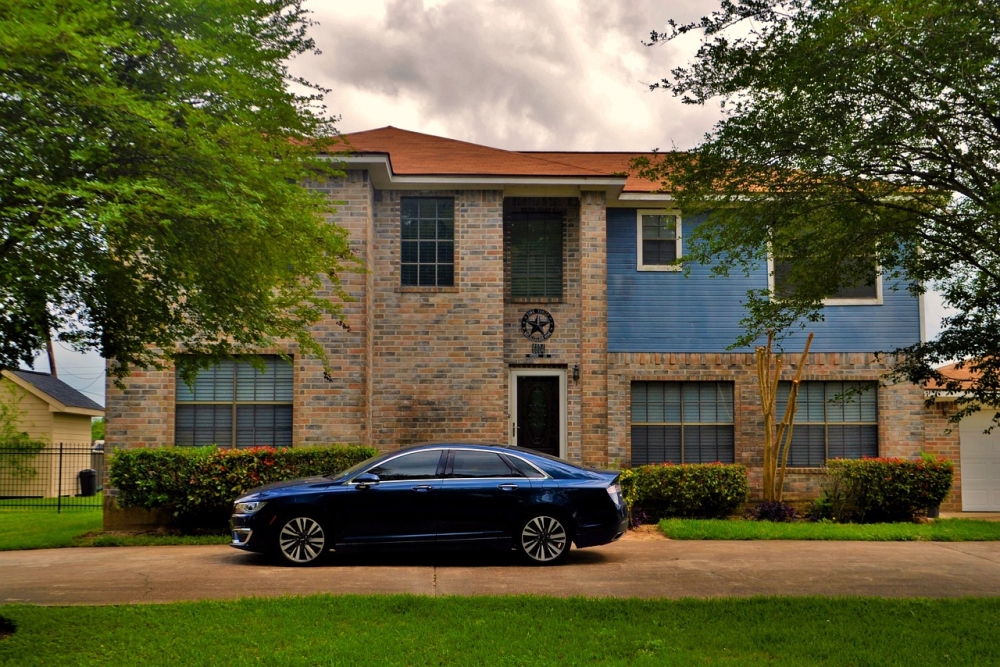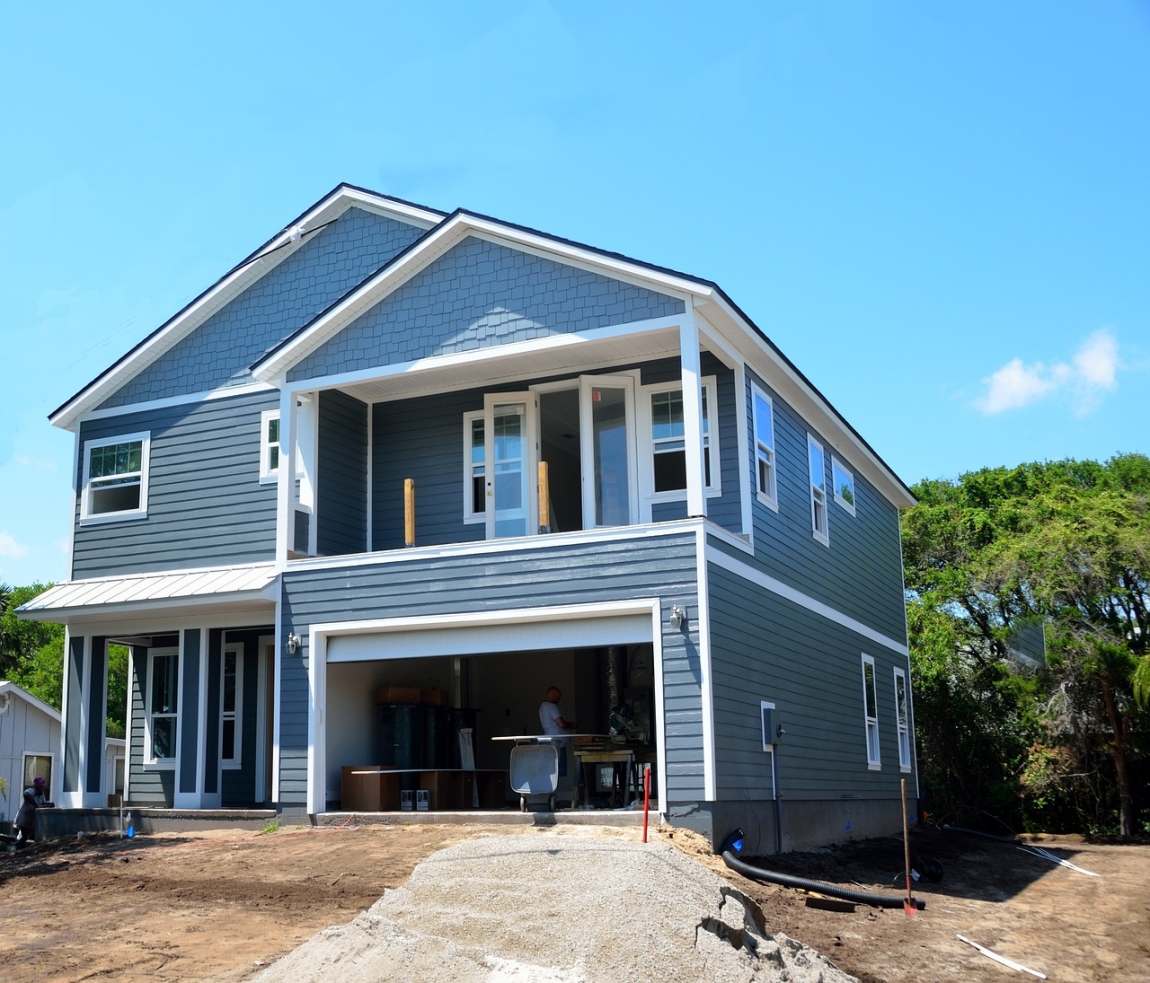Home insurance is a vital component of safeguarding your most valuable asset: your home. Whether you own a house or condominium, having the right insurance coverage provides financial protection and peace of mind.

In this comprehensive guide, we will delve into the importance of home insurance, explore various coverage options, financial managment, and shed light on essential considerations for homeowners in the Philippines.
Additionally, we will discuss the significance of building a homeowner safety net, including the role of emergency funds in protecting your home investment.
So, let’s embark on this journey to understand home insurance and its pivotal role in securing your cherished abode.
Types of Home Insurance Policies
When it comes to home insurance, there are various types of policies available to homeowners. Understanding these policies is essential for choosing the right coverage that aligns with your specific needs.
Let’s explore the different types of home insurance policies you should be familiar with:
Dwelling Insurance
Dwelling insurance is the foundation of home insurance coverage. It protects the structure of your home, including the walls, roof, foundation, and attached structures, from perils such as fire, vandalism, or natural disasters.
Personal Property Insurance
Personal property insurance covers the belongings inside your home, such as furniture, appliances, electronics, and clothing. It provides financial reimbursement in the event of theft, damage, or loss due to covered perils.
Liability Insurance
Liability insurance protects you from legal and financial liabilities if someone is injured on your property or if you accidentally cause damage to someone else’s property. It covers legal expenses, medical bills, and potential lawsuits.
Additional Living Expenses Insurance
In case your home becomes temporarily uninhabitable due to a covered event, additional living expenses insurance helps cover the costs of temporary accommodations, meals, and other necessary expenses while your home is being repaired or rebuilt.
Coverage Options

Home insurance offers a range of coverage options that protect your home, belongings, and provide liability coverage. Understanding these coverage options is crucial to ensure you have comprehensive protection.
Let’s explore the key coverage options offered by home insurance policies:
Property Damage Coverage
Property damage coverage is at the core of home insurance. It protects your home’s structure, including the walls, roof, floors, and built-in appliances, from perils such as fire, storms, theft, and vandalism.
This coverage helps cover the cost of repairs or rebuilding your home in the event of damage.
Personal Belongings Coverage
Personal belongings coverage safeguards your possessions within your home. It includes furniture, electronics, clothing, jewelry, and other valuable items.
In case of theft, damage, or loss due to covered events, this coverage ensures you receive compensation to replace or repair your belongings.
Liability Coverage
Liability coverage is crucial in protecting you from potential legal and financial liabilities. If someone gets injured on your property or if you unintentionally damage someone else’s property, liability coverage provides financial protection.
It covers legal expenses, medical bills, and potential settlement costs.
Additional Coverage Options
Home insurance policies often offer additional coverage options to enhance your protection. These may include coverage for specific perils like earthquakes or floods, identity theft protection, and home-based business coverage.
Assessing your needs and considering these additional coverage options can provide tailored protection for your unique circumstances.
Factors Affecting Home Insurance Premiums

Several factors influence the cost of home insurance premiums. Understanding these factors can help you make informed decisions and potentially lower your insurance costs.
Let’s explore the key factors that can affect your home insurance premiums:
Location and Risk Factors
The location of your home plays a significant role in determining insurance premiums. Factors such as the proximity to coastlines, flood zones, high-crime areas, and fire-prone regions can increase the risk level and subsequently impact the premium.
Homes in areas prone to natural disasters or with higher crime rates often face higher insurance costs.
Property Value and Reconstruction Cost
The value of your home and the cost of rebuilding it in the event of a total loss are crucial factors in determining premiums. Higher property values and construction costs typically lead to higher premiums.
Insurers consider factors such as the square footage, materials used, and architectural features of your home to assess the replacement or reconstruction cost.
Home Security Measures
The security measures you have in place can influence your insurance premiums. Homes equipped with security systems, burglar alarms, smoke detectors, fire extinguishers, and other safety features are considered lower risk and may be eligible for discounts on insurance premiums.
Installing these security measures not only enhances your safety but can also reduce your insurance costs.
Policy Deductibles and Limits
The deductibles and coverage limits you choose for your policy also impact your premiums. A deductible is the amount you are responsible for paying out of pocket before the insurance coverage kicks in.
Higher deductibles often lead to lower premiums, but it’s important to choose a deductible that you can comfortably afford. Additionally, higher coverage limits will result in higher premiums, as they provide more extensive protection.
Understanding Home Insurance Claims
Understanding the process of filing and navigating home insurance claims is crucial for homeowners. In the event of a covered loss or damage, knowing how to effectively handle a claim can help expedite the reimbursement and restoration process.
Let’s explore the key aspects of understanding home insurance claims:
Filing a Home Insurance Claim
When a covered loss or damage occurs, it is essential to promptly file a home insurance claim. This typically involves contacting your insurance provider and providing detailed information about the incident, including photos, documentation, and any supporting evidence.
Understanding the specific procedures and requirements for filing a claim can help streamline the process.
Claim Investigation Process
After filing a claim, the insurance company will initiate an investigation to assess the validity and extent of the loss or damage. This may involve an insurance adjuster visiting your property, evaluating the situation, and documenting the evidence.
Understanding the claim investigation process helps you navigate any necessary interactions with the insurance company and ensures a thorough assessment.
Reimbursement and Settlement Options
Once the claim investigation is complete and the insurer determines the coverage and valuation, they will provide a reimbursement or settlement offer. This offer may include the cost of repairs, replacement value, or cash value, depending on your policy.
It is important to understand the reimbursement and settlement options available to you to make an informed decision regarding the claim resolution.
Dealing with Denied Claims
In some cases, an insurance claim may be denied or disputed. Understanding the reasons for claim denials and the steps to address such situations is crucial.
Reviewing your policy, providing additional evidence if required, or seeking legal assistance, if necessary, can help resolve claim disputes and protect your rights as a policyholder.
Tips for Choosing the Right Home Insurance

Choosing the right home insurance policy is essential to ensure adequate protection for your home and belongings. With numerous insurance providers and policies available, it’s important to consider several factors before making a decision.
Here are some valuable tips to help you choose the right home insurance:
Assessing Your Insurance Needs
Start by assessing your specific insurance needs. Consider the value of your home, the contents you want to insure, and any additional coverage requirements.
Evaluate factors such as the location, risk factors, and your personal circumstances to determine the appropriate coverage levels and policy options.
Evaluating Insurance Providers
Research and evaluate different insurance providers to find reputable and reliable companies. Consider factors such as their financial stability, customer reviews and ratings, claim settlement history, and the range of coverage options they offer.
Look for insurers with a strong track record and positive customer feedback.
Comparing Coverage Options and Premiums
Obtain quotes from multiple insurance providers and compare the coverage options and premiums they offer. Assess the specific coverage limits, deductibles, and any additional endorsements or riders available.
Ensure that the coverage adequately aligns with your needs, and compare the premiums to find the most competitive and affordable option.
Understanding Policy Terms and Conditions
Thoroughly read and understand the terms and conditions of the policies you are considering. Pay attention to the coverage exclusions, limitations, and any endorsements or additional terms that may apply.
Ensure that you have a clear understanding of what is covered and what is not, as well as any specific requirements or responsibilities as a policyholder.
Frequently Asked Questions (FAQs)
.jpg)
When it comes to home insurance, homeowners often have questions regarding coverage, costs, and claims. To address common queries and provide clarity, here are some frequently asked questions (FAQs) about home insurance:
What Does Home Insurance Cover?
Home insurance typically covers the structure of your home, personal belongings, and liability protection. It provides financial reimbursement for damages caused by covered perils such as fire, theft, and certain natural disasters.
It also offers liability coverage in case someone gets injured on your property or you accidentally cause damage to someone else’s property.
How Much Home Insurance Do I Need?
The amount of home insurance you need depends on various factors, including the value of your home, the cost of rebuilding it, and the value of your personal belongings. Assessing these factors and considering potential risks will help determine the appropriate coverage limits for your specific circumstances.
Can I Bundle Home Insurance with Other Policies?
Yes, many insurance providers offer the option to bundle home insurance with other policies such as auto insurance. Bundling policies with the same insurer can often lead to discounts and cost savings.
It’s worth exploring bundling options and comparing the overall costs and benefits.
What Factors Can Affect My Home Insurance Rates?
Several factors can influence your home insurance rates, including the location of your home, its age and condition, your claims history, and the presence of safety features such as security systems and smoke detectors. Additionally, factors like the coverage limits, deductibles, and additional endorsements you choose can also impact the premiums.
What Should I Do in Case of a Home Insurance Claim?
In the event of a covered loss or damage, you should immediately contact your insurance provider to initiate the claims process. Provide detailed information, document the incident with photos and evidence, and cooperate with the claims adjuster.
Keep records of all communication and follow any instructions provided by the insurer.
Final Say
Understanding home insurance is crucial for homeowners who want to protect their most valuable asset. Throughout this comprehensive guide, we have explored the importance of home insurance and its coverage options, delved into factors affecting premiums, discussed the process of filing and navigating insurance claims, and provided tips for choosing the right policy.
We have also addressed frequently asked questions to provide clarity and guidance.
Securing the appropriate home insurance policy not only safeguards your home and belongings but also provides a sense of security and peace of mind. It serves as a protective barrier against unexpected events and financial losses, ensuring that you can recover and rebuild in the face of adversity.
Remember, building a homeowner safety net goes beyond just having insurance. It includes maintaining an emergency fund to address unexpected expenses and protect your home investment.
By creating a solid financial foundation, you can mitigate risks and enhance your overall financial resilience.
We encourage you to assess your insurance needs, compare providers, and carefully review policy terms and conditions. Take the necessary steps to secure the right coverage that aligns with your requirements and budget.
Protecting your home investment is not just a prudent decision, but a proactive approach to safeguarding your future.
As you navigate the world of home insurance, always remember that seeking guidance from insurance professionals and consulting with reputable insurers can provide valuable insights and personalized advice. Take action today and ensure that your home and cherished belongings are well-protected with the right home insurance policy.






